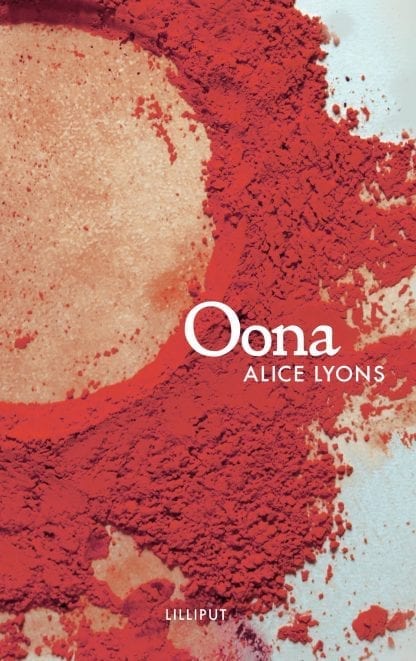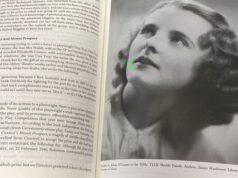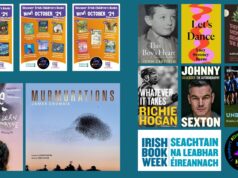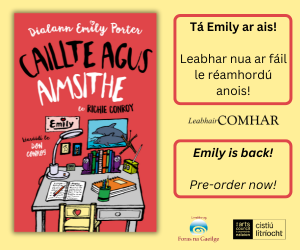Oona
by Alice Lyons | Lilliput Press | €15 | 262pp | 9781843517719
Review by Laura King
“…a fresh and exciting way to explore the possibilities of prose to describe the effect of trauma fracturing the self…”
When I first heard about Oona by Alice Lyons, I was intrigued for the same reason as I suspect many other people were: because the novel is written almost entirely without the letter ‘o’. What could have so easily been a gimmick or purely an exercise for the author instead opens up seemingly endless possibilities of language, of unusual phrases or words used to surprising and often delightful effect.
The novel follows a young woman called Oona, from the time of her mother’s death when she is a teenager until she is an adult and a mother herself. We first meet Oona in the final days of her mother’s life, when even at that late stage in her illness her family keep the severity of the condition a secret from Oona. This attempt at protection only makes the shock and grief more unbearable, and we are brought on a journey of, first, an erasure of a coherent sense of self, as Oona initially tries to block out the void she feels opening up inside her, to a kind of rebuilding, when she ultimately begins to find a way back to herself as she makes a fresh start in Ireland.
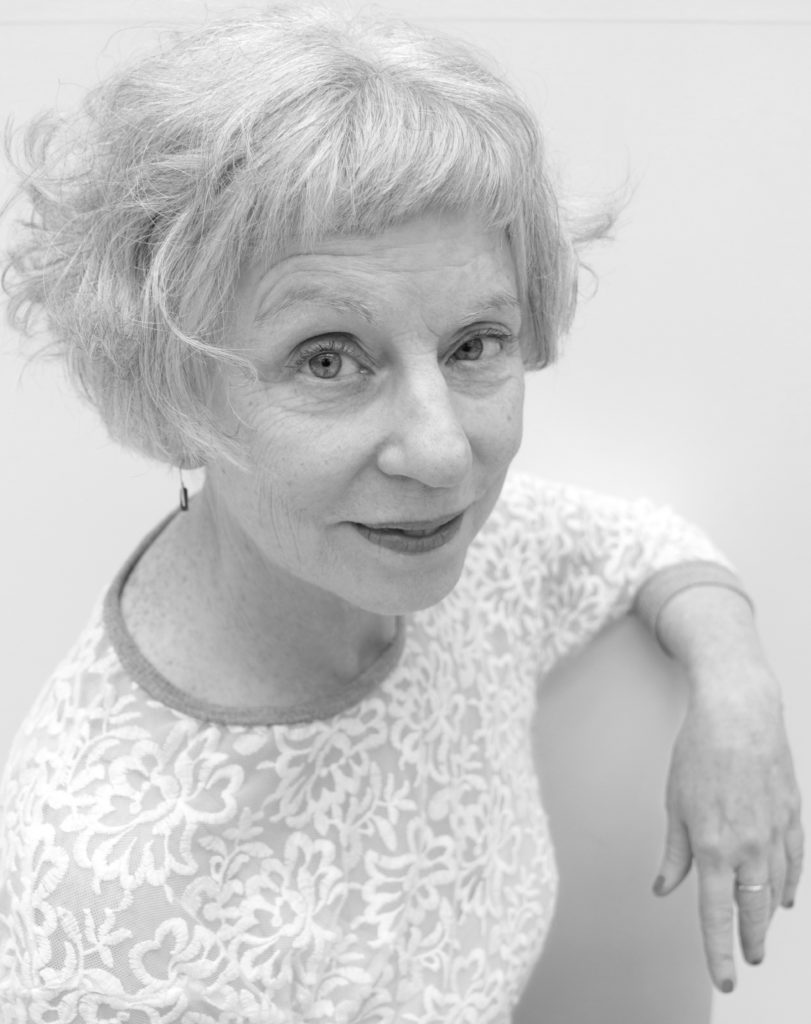
Oona’s journey to, and eventual settling in, Ireland after growing up in a New Jersey suburb as part of an Irish American family renders the familiar Irish landscape unfamiliar, and the country’s post-Celtic-Tiger scramble for survival is echoed back to us in surprising ways. Her artistic gifts and lifelong dedication to her craft serve as a way of bringing her closure and acceptance, and, while it is through her becoming an artist that we see Oona as a full expression of herself, it is only through her becoming a mother that we feel she is able to address and come to terms with her own mother’s death.
The description on the jacket of the book reads: ‘What does a voice alienated from itself sound like’, which is an interesting way of reading trauma in a person who is still growing up and finding out who they are. The way that this disruption in Oona’s life and narrative of herself manifests in the novel, using the missing ‘o’ to highlight this void or this unknowable space, sets Alice Lyons apart as an extraordinary talent. There are many ways to consider this missing letter, which will inevitably vary from reader to reader. It seemed to me at times that the ‘o’ could visually represent a hole or a void, or at others that it was a symbol of completion or wholeness that Oona must strive to find. Certainly, the fact that the protagonist’s name is in large part made up of that letter felt like a clear indication of loss of the self if she cannot even call herself by her own name.
In either case, through Lyons imposing this restriction on her writing, we learn more through what is missing than what is explicitly stated, and how to read these silences and erasures as carefully as the words printed on the page. This is a fresh and exciting way to explore the possibilities of prose to describe the effect of trauma fracturing the self, but the novel is more than a clever trick or something difficult that the reader must battle their way through: it is an affirming and hopeful story of recovery, and a testament to the power of language and art. Oona is exactly the type of book to read if you want to restore your faith in writing and new and experimental approaches to fiction. Its beautiful descriptions of place and sparkling use of colour are so incredibly vibrant it feels at times more like a painting than a novel. A plot that sounds very simple and familiar, what you could call a fairly standard coming-of-age story, becomes an original and very special read in Lyons’s masterful hands.

***
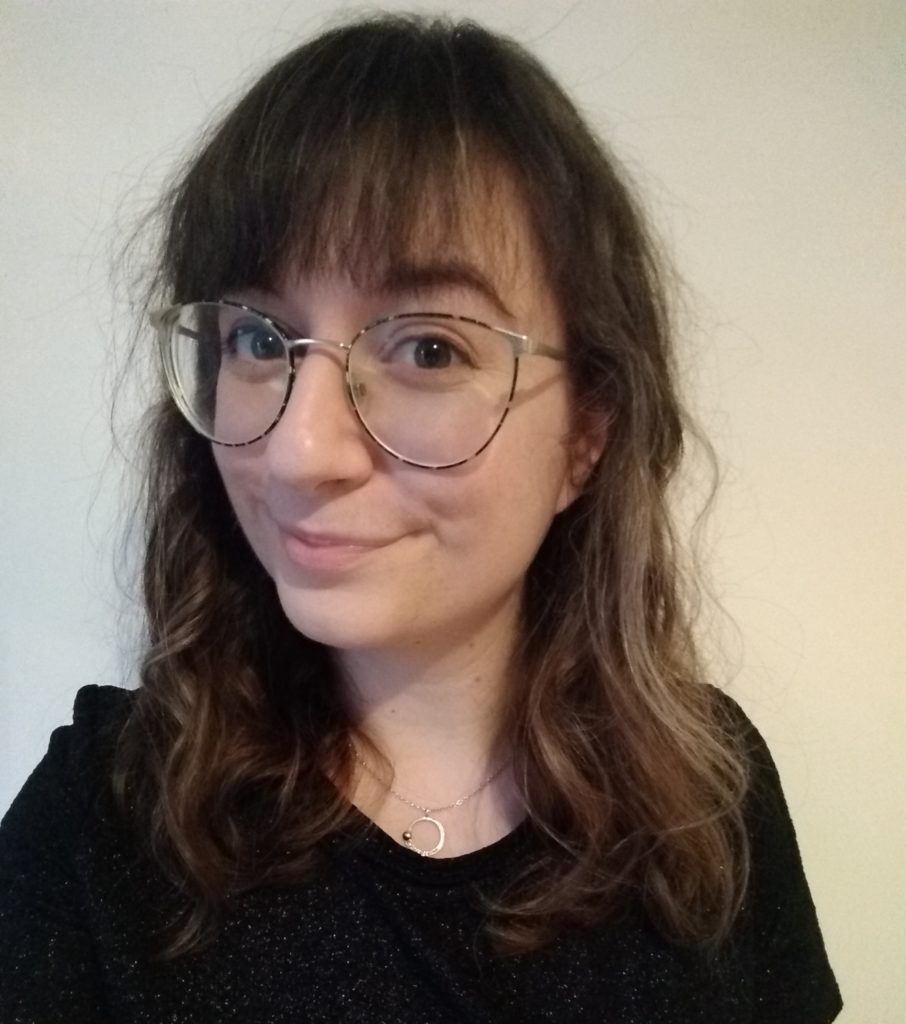
Laura King works in publishing in Dublin, and in her spare time reviews books online under the name @lauraeatsbooks









